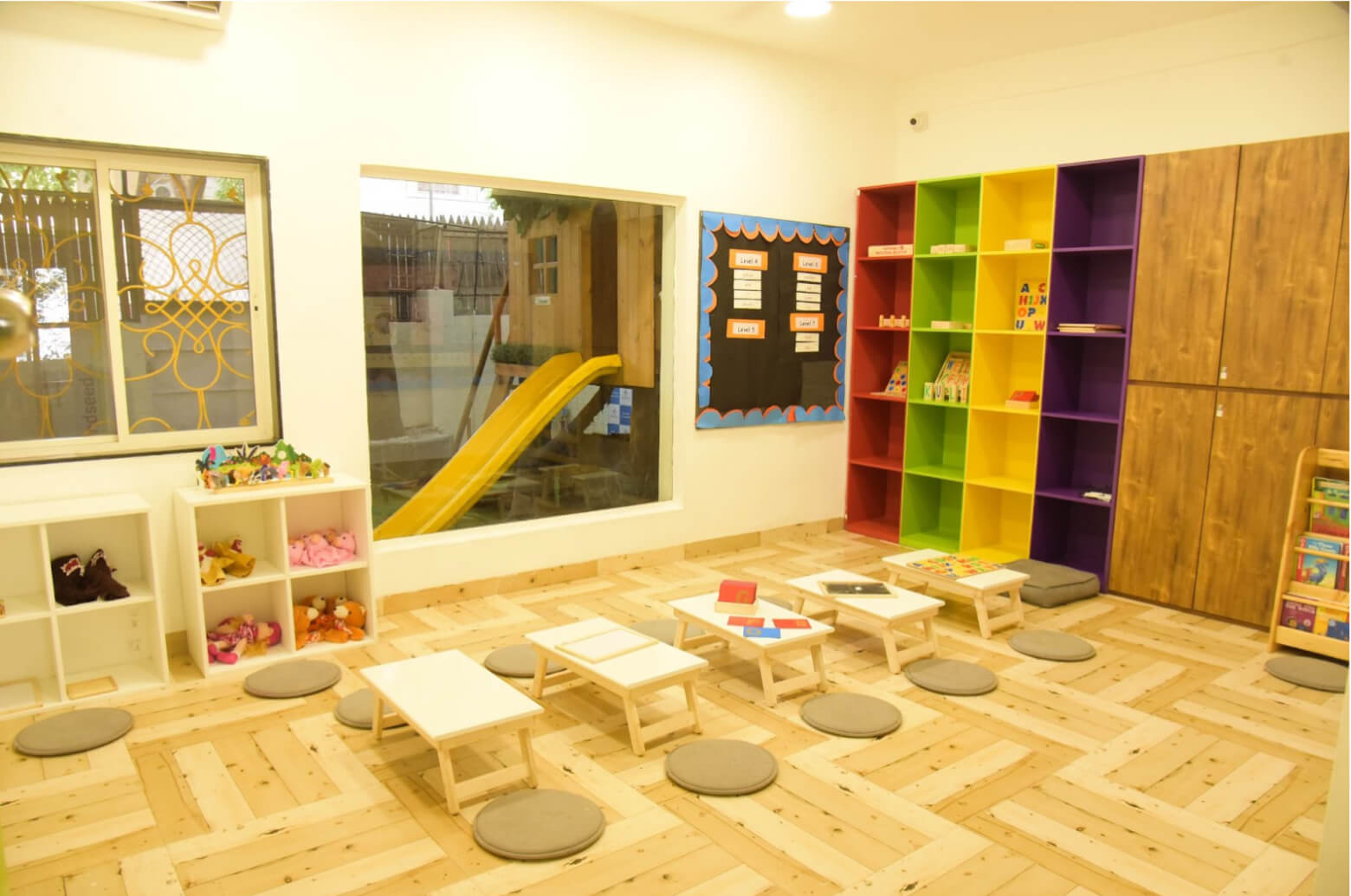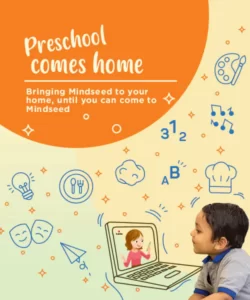Nowadays, parents have multiple things on their plate, from everyday office work and household responsibilities to taking care of their children. Here is where day care centres step in to make parents’ lives easier and smooth. They act as a crucial support system, offering children a safe and nurturing environment while their parents are at work. Beyond mere supervision, day cares play a pivotal role in nurturing children’s social and emotional development. Let’s delve into this ultimate guide to understand a day care’s impact on a child’s life:
Setting a Strong Foundation for Future Interactions
Children in day care meet multiple other kids like them who come from diverse backgrounds, which is one of the most significant benefits of enrolling your child in day care. It exposes them to their peers and mentors, allowing them to communicate, share, and cooperate with everyone and develop empathy and adaptability in the process.
Learning Made Fun Through Play
Prestigious day care centres incorporate structured play based learning into their routines. These activities are designed to engage children in collaborative games, role-playing, and problem-solving tasks. Through play, kids develop essential cognitive, emotional, and social skills. They learn to gel with others, negotiate, and work as part of a team, setting the stage for successful future relationships.
Boosts Communication Skills
Daycare environments promote language development and communication skills. Children interact with peers and caregivers in group settings, learning to express themselves effectively. This experience enhances communication and listening skills such as vocabulary, articulation, thought-forming, etc., enabling kids to confidently convey their thoughts and feelings.
Conflict Resolution and Emotional Intelligence
Interactions among children can sometimes lead to conflicts. Day cares provide a controlled space where children learn conflict-resolution skills under the guidance of caregivers. They understand the importance of respecting each others’ feelings and finding peaceful solutions. These experiences contribute to their social emotional development, a critical skill needed to function in life.
Independence and Self-Reliance
Daycares encourage children to be more self-reliant. From choosing activities to managing their belongings, kids develop a sense of independence and responsibility. This fosters self-confidence, allowing them to explore their interests and interact with their surroundings more confidently.
Structured Routine and Time Management
Day care centres follow structured routines that teach children about time management. They learn to transition between activities, track schedules, and manage their time effectively. These skills are essential as they grow, helping them balance academics, extracurriculars, and other commitments.
To sum it all up, day care centres have evolved into more than just a childcare option. They serve as vital spaces for children to develop social learning in early childhood education. From a strong socialisation foundation to conflict resolution and time management, day care experiences contribute significantly to a child’s holistic growth. As parents explore day care options, understanding their role in nurturing kids’ social skills and development will help them make informed decisions about their child’s future!


